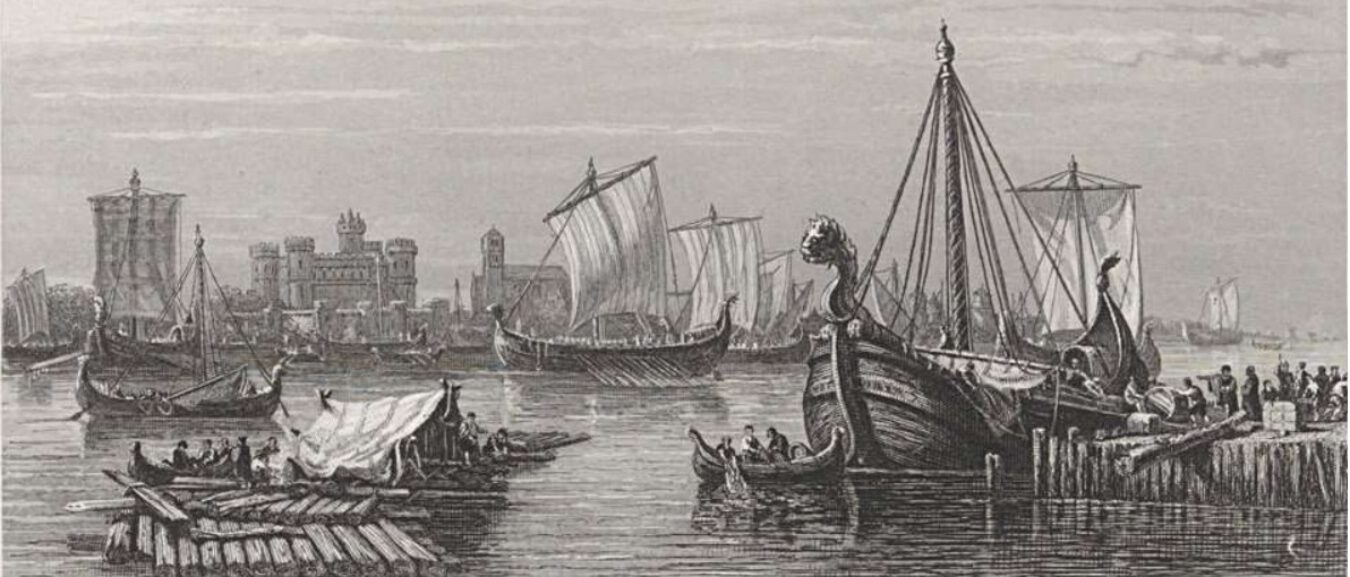The Frisian freedom, also known as Friese freedom or Friese freedom movement, was a political and social movement in the coastal regions of the modern-day Netherlands and Germany, particularly in the province of Friesland, during the Middle Ages. It was a unique system of government in which the Frisians enjoyed a great degree of autonomy and self-governance.
The Frisian freedom emerged in the early 8th century when the Frisians successfully defended their homeland against the expanding Frankish Empire. The Frisians formed a confederation of independent territories and established a system of governance based on individual freedom, justice, and self-rule. This system was based on a number of basic laws and principles, including the right to free trade and free movement, the right to participate in government, and the right to bear arms.
The Frisian freedom allowed the Frisians to maintain their distinct cultural identity and resist the influence of outside powers. However, it was not a completely egalitarian system, as certain groups, such as women and slaves, were excluded from political participation.
The Frisian freedom lasted until the late Middle Ages, when the region came under the control of larger political entities, such as the Habsburg Empire and later the Dutch Republic. However, it remains an important symbol of Frisian identity and culture, and is celebrated annually in the Frisian province of Friesland with the Frisian Flag Day, which marks the day in 1957 when the flag of Friesland was officially recognized by the Dutch government.

